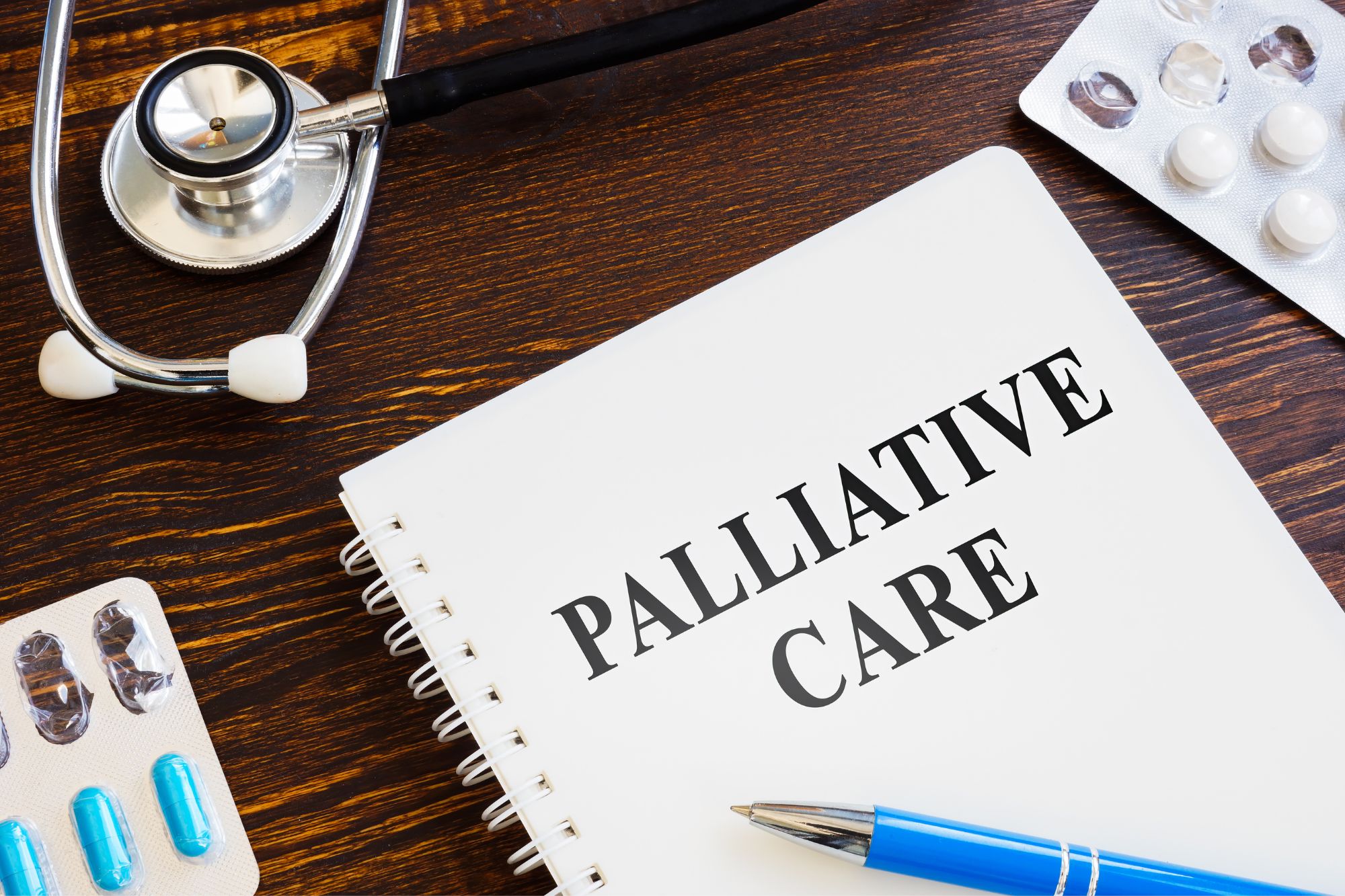According to several studies, palliative care and respite Care in Missouri City greatly enhances patient life quality and reduces symptom load. In addition to being morally good for individuals, this increased life quality also makes dealing with the medical system less stressful and demanding for families.
A comprehensive approach to specialized medical assistance for people with life-limiting conditions is known as palliative care. Patients receiving palliative care receive symptom alleviation, comfort, and assistance as they battle significant diseases, including cancer, cardiovascular disease, or respiratory problems. The benefits of it also apply to carers. Palliative care can be provided if you have a life-altering illness to enhance your well-being as well as overall health. Palliative care lets individuals feel good by avoiding or managing disease- and treatment-related symptoms and adverse effects.
What exactly is Palliative Care?
Individuals who have severe illnesses might get specialized medical care called palliative care. Relaxation from the illness’s effects and distress is the primary goal of this kind of therapy. The objective is to enhance the patient’s quality of life and the family’s quality of life.
A specifically trained group of physicians, nurses, and professionals who collaborate with a person’s medical clinicians to offer an added support element provides palliative care service. It is centered on the client’s condition rather than their prognosis. Anywhere at the age or stage of severe disease, it is suitable and may be given in addition to curative care.
The Benefit of Palliative Care
Palliative care comes in many forms and frequently entails the following:
- Medication
- nutritional adjustments
- calming strategies
- spiritual and emotional assistance
- assistance for kids or family carers
Palliative care gives you the power to choose better medical options to improve your quality of life. The results of healthcare can also be enhanced by it. According to studies, palliative care is linked to the following:
- Longer average lifespan.
- Less melancholy and anxiety.
- An increase in respect and improved patients.
Palliative Care: Who Provides It?
Palliative care could be given by any medical professional. However, certain companies are experts in it. You might provide palliative by:
- a medical group
- Palliative care physician
- nurse practitioners or nurses
- health care assistants
- licensed nutritionists
- the social workers
- Psychotherapists
- Massage practitioners
- Chaplains
- Clinics, home care providers, cancer treatment institutions, and long-term hospices may provide palliative care.
What facilities offer this service?
You can get palliative care in a number of places, based on the available resources in the region, including:
- A facility for assisted living.
- At a care facility.
- Clinic for non-patients.
You could get the addresses of nearby palliative care experts from your doctor or hospital.
The Distinction Between Palliative and Hospice care
Both palliative and hospice therapy offer consolation. However, palliative care may start concurrently with diagnosis and treatment. When the sickness has ceased being treated, and it has become apparent that the patient won’t recover from their condition, hospice care is started.
Most frequently, hospice is only provided when a patient has less than six months to survive.
What to expect?
Multiple types of assistance are offered as part of palliative care. The medical treatment is supplemented with palliative care. Additionally, it can offer psychological, spiritual, and interpersonal services. You can tackle practical issues like health care expenses and legal preparation with palliative care. The palliative care program is created to match your requirements and lifestyle. It could contain things like:
Symptom Control
There will be measures in your patient-centered plan to treat your problems and enhance your health and welfare. The medical staff will respond to any queries you could have, including whether taking painkillers may interfere with any therapies you are getting from your care physician.
Assistance and guidance
The many challenging decisions and circumstances you and the family face while you’re dealing with a severe disease or nearing your time’s conclusion are supported by palliative care.
Reach out our article on Early Signs Of Dementia
You or your family are welcome to discuss stress, spiritual problems, money worries, or how the household will survive if a loved one dies alongside a palliative treatment counselor, chaplain, or other staff members. These palliative care professionals could provide advice or put you in touch with local services.
- Strategies for providing care that increase your satisfaction and feelings of well-being. It could involve breathing exercises, therapeutic touch, visualization, or even just putting on headphones and listening to songs.
- The palliative care provider may suggest that you see other medical professionals, such as psychiatric, pain, and integrative medical experts.
Careful preparation
You can discuss your intentions and objectives for your treatment with a representative of the palliative care staff. You may then utilize this knowledge to create a health service power-of-attorney, an advanced direction, and a will.
To guarantee that your treatment is well-coordinated, the general practitioners and the palliative care staff members work together.
When should palliative care be used?
Palliative care cannot just be provided at certain times. After receiving a devastating diagnosis, many patients choose palliative care. Proactive medical attention might help you prepare for the future.
Ask your doctor whether they would advise you to receive palliative care.
Summing up
During the past 15 years, this area of palliative care may well have experienced astounding expansion. Palliative care staff is already present in over 1,700 institutions with Fifty or more units. The practice is expanding outside of hospitals into places in the communities where patients with terrible diseases reside and require care.
It can be challenging to manage your thoughts, body, connections, and numerous other parts of life when you have a significant disease. There may be too many requests. Palliative care is available to lessen the innumerable hardships brought on by a severe illness. Talk to your physician when you’d want to learn about the palliative care choices available for you or a close one. You could have access to services that offer you the solace and assistance you have to live to the fullest.


